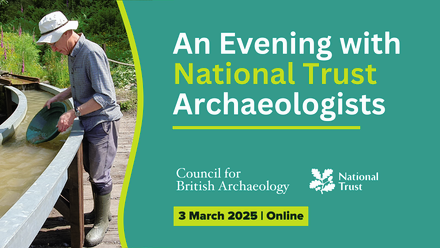Over six weeks we will explore the pyramids of ancient Egypt – perhaps the most famous and iconic monuments to survive from the ancient world.
For a thousand years, pyramids were the preferred burial-monuments of the kings and queens of Egypt. They ranged in size, from structures that remain the most massive free-standing structures ever built, through to ones perhaps only twice the height of a human being. Some were never finished, never progressing beyond their foundations.
The first three-weeks will cover the Egyptian Old Kingdom (c. 2600-2100 BC), the ‘classic’ period of pyramid building. This saw the invention of the pyramid, and the building of the vast Great Pyramid, before settling down to the construction of an increasingly-standardised series of monuments, which traded sheer size for the artistic beauty of their adjoining temples, and the theological sophistication of the texts that began to be carved within the pyramids’ chambers.
The second three-weeks will primarily cover the Egyptian Middle Kingdom (c. 2000-1700 BC), when the concept of the pyramid was renewed, and a swathe of innovations introduced, in particular to protect the royal burial from robbers. This culminated in pyramids that surmounted incredible labyrinths, with openings concealed in ceilings and floors, and burial chambers carved out of single blocks of the hardest stone worked by ancient peoples. The session will also cover the end of the pyramid as a royal burial place in Egypt around 1500 BC – and its resurrection 800 years later in Sudan.
About this course
This course is led by Professor Aidan Dodson. Sessions will take place via Zoom on Mondays on the following dates at 7.30pm (GMT):
- 8 November
- 15 November
- 22 November
- 29 November
- 6 December
- 13 December
Numbers are limited to allow participants to ask questions and discuss the topics covered. Lectures will be recorded and made available for those not able to attend every session. A reading list and further information will also be provided as part of the course.
Speaker: Aidan Dodson is honorary Professor of Egyptology at the University of Bristol, where he has taught since 1996. He is the author of 26 books, The Royal Tombs of Ancient Egypt being published by Pen & Sword in 2016.
We're sorry, but all ticket sales have ended.
Additional information
Concessions
Concessions are available with proof of identity for people over 65, NHS staff, unemployed people, disabled people (carers free) and Friends of Bristol Museums, Galleries and Archives.
How to take part
This year’s study days will be run online via Zoom.
Details of how to join each session will be sent to you along with a reminder about your booking in the week leading up to the course. You will also receive a confirmation email once you have registered.
Please visit the Zoom website for guidance on joining meetings. Please allow extra time before the talk begins to make sure everything is working correctly.
Archaeological study sessions
Bristol Museums has run a programme of study days since 2013 and an archaeological field school since 2019. Due to COVID-19, this year’s study days will be run online and broken down into several linked sessions. Profits from study days and the field school help support the work of Bristol Museums.
Sessions are open to everyone aged 16 and over and suitable for complete beginners to those who have studied archaeology before.
The study day programme and field schools are directed by Kate Iles, curator of archaeology. For more information or to join our mailing list, please contact [email protected].

